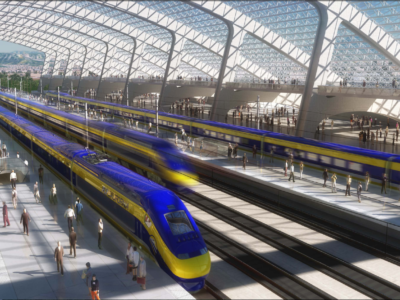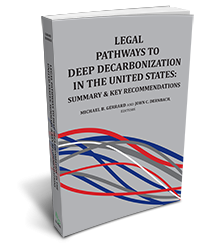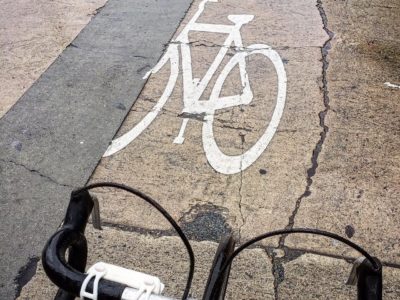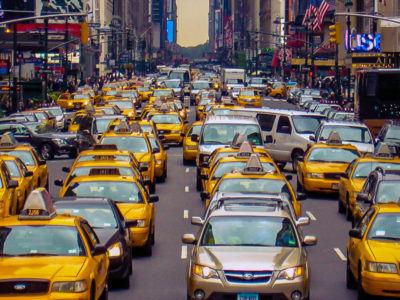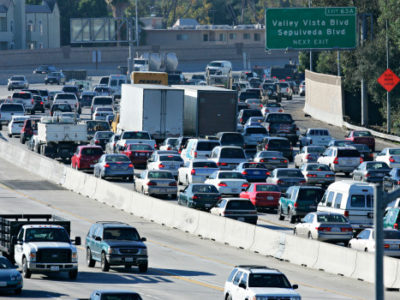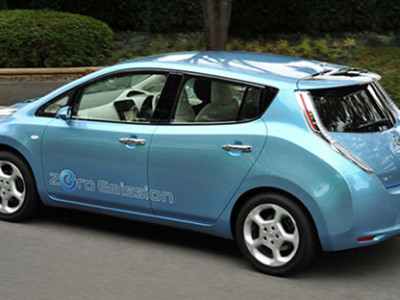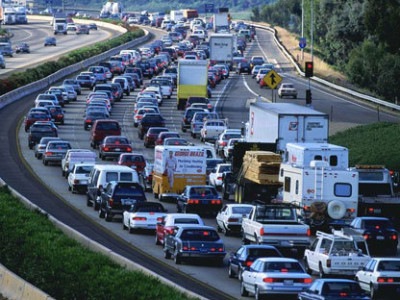Transportation
Is California’s High Speed Rail Project Falling Apart?
Join my KALW radio conversation tonight with newly appointed High Speed Rail Authority board chair Lenny Mendonca at 7pm
The future of California’s high speed rail system has arguably never been as perilous as now. Otherwise-supportive legislators are now openly mulling raiding high speed rail funds meant to complete the first leg in the Central Valley for rail improvements in the more densely populated parts of California, namely the San Francisco Bay Area and …
Continue reading “Is California’s High Speed Rail Project Falling Apart?”
CONTINUE READINGWill Self-Driving Battery Electric Buses Replace Rail Transit?
A question for LA Metro CEO Phil Washington at “LA Infill” conference at UCLA Law on July 24th
Many urbanists, environmentalists, and transit enthusiasts love rail. Los Angeles voters in particular have repeatedly expressed the wish for more rail, approving county sales tax increases by overwhelming margins in 2008 and 2016, along with prior measures in 1980 and 1990, in part to fund a nation-leading, multi-billion dollar rail transit build out (a history …
Continue reading “Will Self-Driving Battery Electric Buses Replace Rail Transit?”
CONTINUE READINGGetting to 2050
A roadmap for achieving an 80% emissions cut.
To do its part in keeping climate change to tolerable levels, the United States needs to cut its carbon emissions at least 80% below 1990 levels by 2050. That’s not just a matter of decarbonizing the electricity sector; it means changes in everything from aviation to steel manufacture, and reducing not only CO2 but also …
Continue reading “Getting to 2050”
CONTINUE READINGBike Week 2019: Los Angeles Cyclists Dream of Protected Bike Lanes
These are heady days for the soon-to-be-expanded class of Los Angeles commuters who use bicycles (1 percent and growing!) and other non-car modes to navigate our asphalt arcadia. The breathlessness might come from inhaling small particulate and ozone pollution from car exhaust, or it could have to do with new city and county-level goals to …
Continue reading “Bike Week 2019: Los Angeles Cyclists Dream of Protected Bike Lanes”
CONTINUE READINGU.S. Supreme Court Declines to Revive Challenge to Oregon Clean Fuels Program
Legal Challenges to Oregon & California Vehicle Fuel Carbon-Intensity Standards Close to the End of the Line, Clearing Path Forward to Transformative Reductions in Greenhouse Gas Emissions from Transportation Sector
In this post, we continue our discussion of California’s Low-Carbon Fuel Standard (LCFS), which we introduced in our post on October 4, 2018. This is third in that series. This past Monday, the U.S. Supreme Court denied review of a federal appeals court decision upholding the legality of Oregon’s Clean Fuels Program. That decision finally frees …
Continue reading “U.S. Supreme Court Declines to Revive Challenge to Oregon Clean Fuels Program”
CONTINUE READINGCongestion Pricing in New York City: What Can California Learn?
California isn’t New York. But it should watch the city’s plan closely as it develops.
New York’s state legislature last month enacted legislation to institute the nation’s first congestion pricing plan in New York City. A new commission within the existing Metropolitan Transportation Authority will develop the plan’s structure and details over the next two years, so very few specifics are known at this time. But as cities in California …
Continue reading “Congestion Pricing in New York City: What Can California Learn?”
CONTINUE READINGPouring More Concrete Just Increases Traffic, Part The Millionth
In Other News, Water Is Wet
Department of Duh: Five years ago this month, a northbound carpool lane opened on the 405 freeway, between the 10 and 101 freeways, widening 10 miles of the interstate. It took half a decade to construct and cost more than $1 billion. Since then, average northbound drive times through the Sepulveda Pass have increased at all …
Continue reading “Pouring More Concrete Just Increases Traffic, Part The Millionth”
CONTINUE READINGInternational Conference On Electric Vehicles & Urban Residents
Register Today For UC Berkeley Law Event On June 4th & 5th, Co-Organized By University of Paris
Policy makers and industry leaders have a tough challenge making electric vehicles accessible for the world’s urban residents. Many apartment dwellers lack access to dedicated spots with electricity to charge the vehicles, while other city residents may need access to shared EVs to get around city streets. Unless EV leaders can solve these challenges, global …
Continue reading “International Conference On Electric Vehicles & Urban Residents”
CONTINUE READINGDuke Sucks: The Legal Planet March Madness Special
Why Is The University Killing Light Rail In The Research Triangle?
Like most people of intelligence and character, when it comes to NCAA basketball, I despise the Duke Blue Devils. As the precocious son of a good friend notes, “you can’t spell Blue Devil without evil.” I acknowledge Mr. Mxyzptlk’s Mike Krzyzewski’s greatness as a basketball coach, but it’s too much to put up with garbage quotations …
Continue reading “Duke Sucks: The Legal Planet March Madness Special”
CONTINUE READINGWhy is Trump Getting the Cold Shoulder from the Car Companies?
The answer: His rollback promises them little profit and much uncertainty.
Usually, you’d expect a regulated industry to applaud an effort to lighten its regulatory burdens. So you would think that the car industry would support Trump’s effort to roll back fuel efficiency standards for new vehicles and take away California’s authority to set its own vehicle standards. But that effort is being met by silence …
Continue reading “Why is Trump Getting the Cold Shoulder from the Car Companies?”
CONTINUE READING



